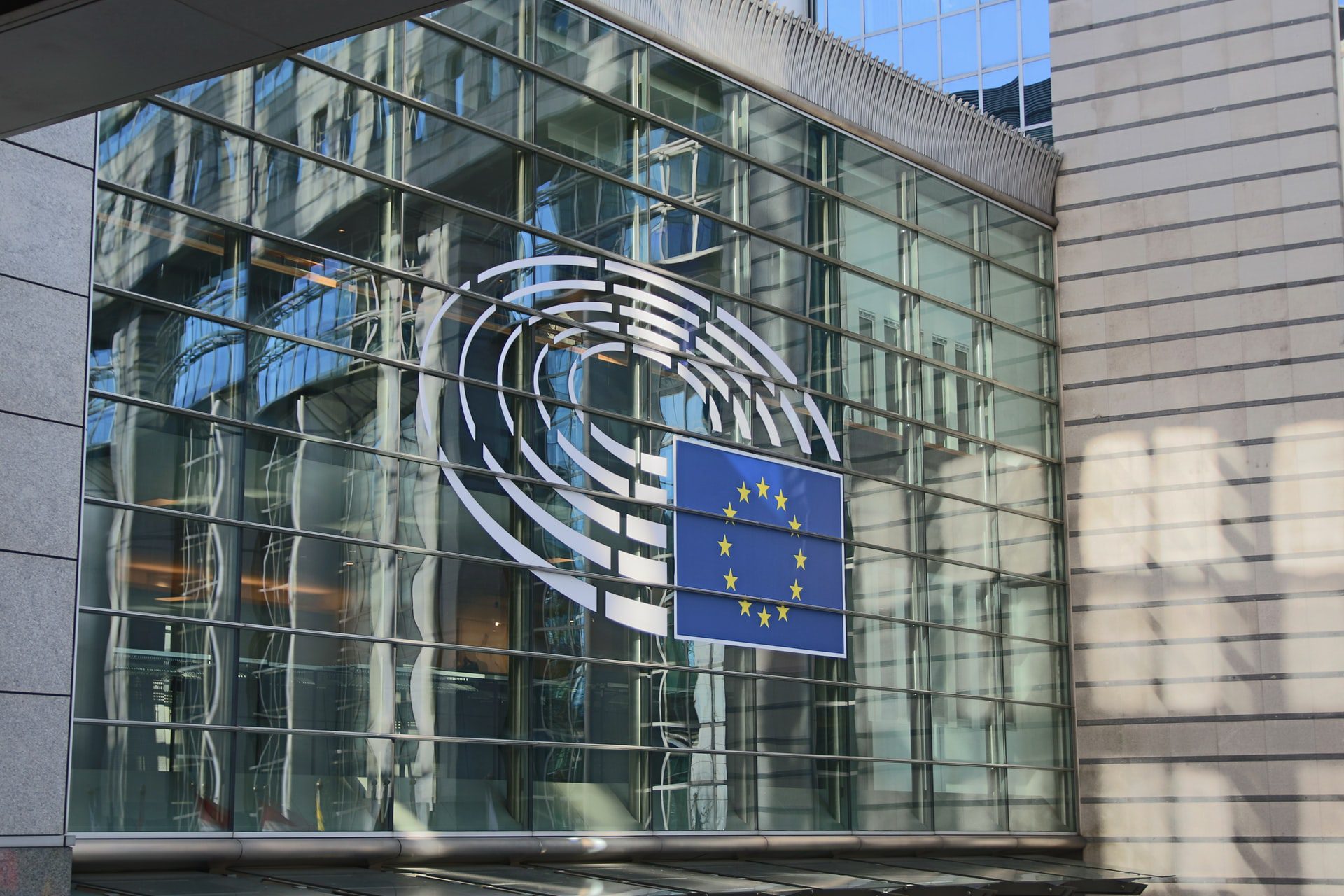
On June 6th, the European Parliament overwhelmingly approved a resolution calling EU leaders to convene a convention in order to amend the EU Treaties.
The plea from MEPs to “urgently” revise the block’s founding treaties is the pressure point in a campaign that has been building for years.
The vote was expected after the final report from the Conference on the Future of Europe, released in May, had also called for treaty changes as well as other significant changes to the basic functioning of the EU. The conference was a sprawling forum meant to gather citizen feedback on shaping the future of the EU. Politicians and bureaucrats helped turn the feedback into 49 proposals and 326 measures designed to implement those ideas.
“With an historic vote, the parliament has sent a clear message to the council: We are ready to take our responsibility and to reform the European Union to increase its capability to act and to get rid of the paralysing unanimity principle,” Gabriele Bischoff, a German socialist MEP who helped write the resolution said. “With a convention, we have a chance to deliver … and to strengthen democratic and social resilience.”
The EU Parliament resolution specifies the changes to the treaties it wants: repealing the unanimity required on certain decisions is one of them, particularly to move from a unanimous to a “qualified majority” threshold for decisions on “relevant areas, such as the adoption of sanctions,” as well as “in the event of an emergency.”
The resolution also urges changes in the functioning of parliament, specifically that it be given the “right to initiate, amend or repeal legislation.” Currently, only the commission has the authority to propose legislation.
Some countries have already shown themselves opposed to treaty changes, a significant barrier to a convention, since such matters still require unanimous voting by country leaders. Last month, following the release of the final report on the Conference on the Future of Europe, 13 countries, including all Baltic and Scandinavian states, said that they “do not support unconsidered and premature attempts to launch a process towards treaty change.”
355 MEPs voted in favour, while 154 were opposed.
